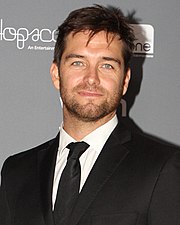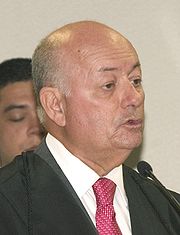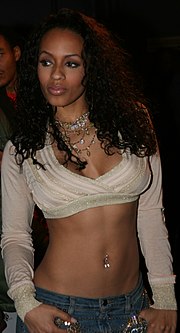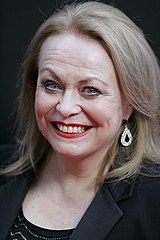Design
Design
Personality
Chart Properties
Your Cross represents the specific theme of your life. This cross embodies your unique potential & the lessons you're here to learn, providing a roadmap to fulfilling your life purpose.
We use the UTC birth time and date to do the calculations required to generate your Human Design chart.
Buy Tokens
Pay as you use, no expiry and no subscription required.Hans Küng's Biography
Swiss theologian and author. Although ordained a Roman Catholic priest in 1954, Küng’s controversial liberal views led the Vatican to censure him and ban his teachings in 1979. His publications, which question traditional church doctrine, include Rechtfertigung: Die Lehre Karl Barths and eine Katholische Besinnung (Justification: The Doctrine of Karl Barth and a Catholic Reflection, 1957), Existiert Gott? (Does God Exist?, 1978) and Ewiges Leben (Eternal Life?, 1982).
Küng began attending the Pontifical Gregorian University in Rome in 1948, receiving a Licentiate in Philosophy in 1951. From 1951-1955, he pursued theological studies at Gregorian. He obtained his Doctorate in Theology after completing his studies at the Sorbonne and the Institut Catholique in Paris in 1957. He taught at the University of Münster in West Germany from 1959-1960, and in 1960, he became a Full Professor of Fundamental Theology at the University of Tübingen, a position he held until 1963.
Küng attended the Second Vatican Council, after being appointed a theological consultant, 1962-1965, by Pope John XIII, but he was considered a dangerous foe to Roman Catholicism and termed a ‘rebel.’
From 1963-1980, he was a Full Professor of Dogmatic and Ecumenical Theology and Director of the Institute for Ecumenical Research at the University. He received the Oskar Pfister Award from the American-Psychiatric Association in 1986, and was made an Honorary Doctor of Divinity by the University of Dublin, Ireland in 1995.
Conferences and studies held by Küng led to the formation of a group committed to changing world culture and promoting peace; the agreed-upon principles include nonviolence, solidarity, tolerance and equal rights between men and women. These goals were endorsed in 1993 by a group called the “Parliament of the World’s Religions” and in 1995, he became president of the Foundation for a Global Ethic. This organization is seen by some as an extreme threat to ecumenism and as a first step toward establishment of a ‘One World Government.’
Küng was often seen in the company of world leaders, loved the spotlight and it appeared that he aspired to be a world leader himself. He had a strong influence in world politics, a connection that had been termed ‘dangerous,’ as some felt the combination of ‘enlightened’ Roman Catholicism and humanism that he espoused was merely a means to manipulate world order. Tony Blair of Great Britain acknowledged Küng as his personal mentor, and stated that his own political stance was heavily influenced by Küng’s worldview.
In 2013, Küng wrote in Erlebte Menschlichkeit (“Experienced Humanity”) that he believed people had the right to end their own lives if physical illness, pain, or dementia made living unbearable. He indicated he was considering the option of assisted suicide for himself because he was suffering from Parkinson’s disease and was losing the ability to see and write. Küng wrote that he did not wish to follow the example of Pope John Paul II. Küng died at home in Tübingen on 6 April 2021 at age 93.
Link to Wikipedia biography
Hans Küng
Your Cross represents the specific theme of your life. This cross embodies your unique potential & the lessons you're here to learn, providing a roadmap to fulfilling your life purpose.
We use the UTC birth time and date to do the calculations required to generate your Human Design chart.








